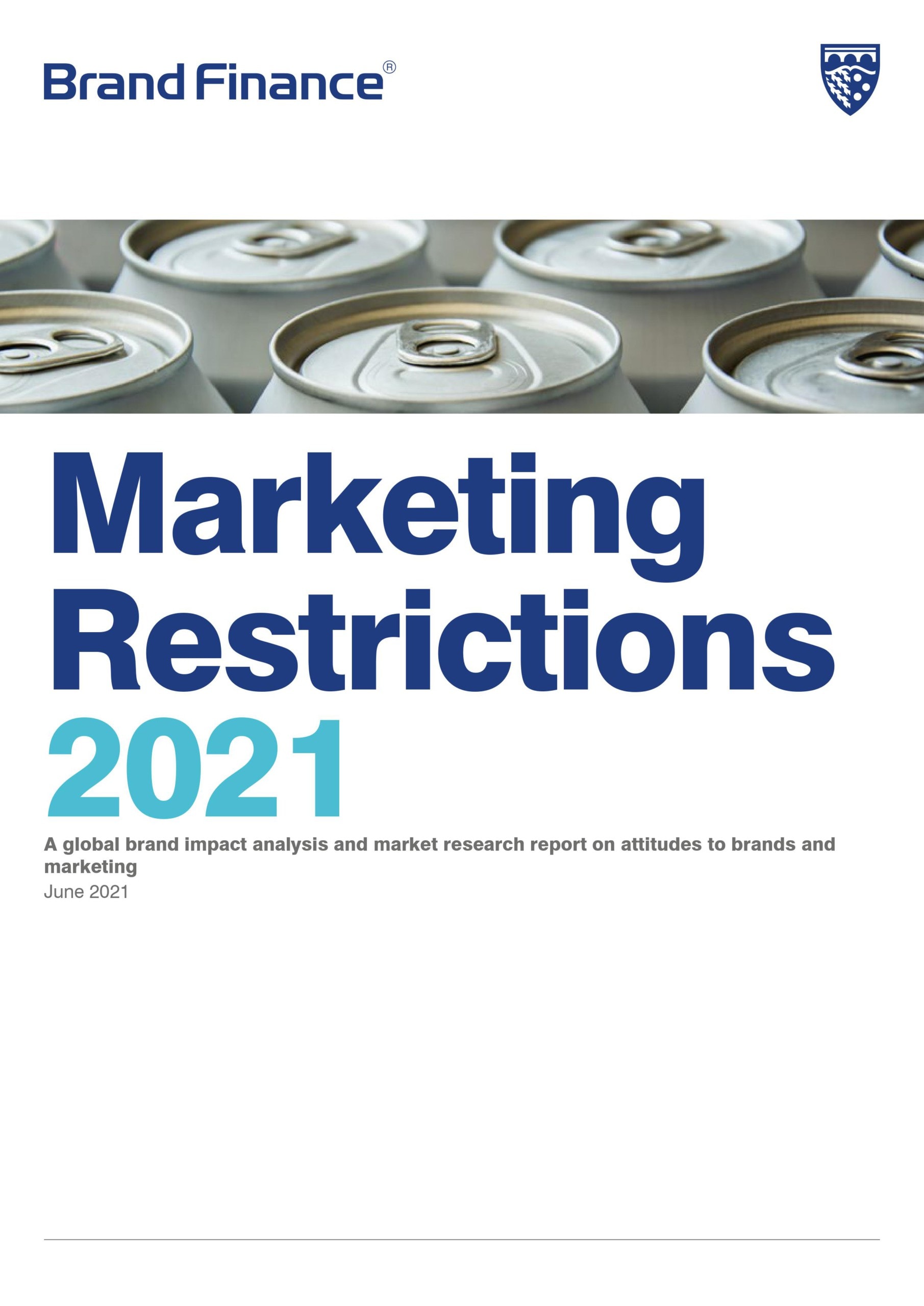Interview with Adeep Gupta

Managing Director, South East Asia, Beam Suntory
What are some of the key drivers and motivations behind marketing restrictions?
Rules governing what is and is not permissible are fundamental for markets to function well. In relation to marketing and the alcohol sector, responsible alcohol producers have adopted stringent marketing codes and have been working with regulators over several years to implement rigorous standards on advertising, ensuring that ads do not reach, target or appeal to minors. This also includes the online space, where alcohol producers have teamed up with digital and social media platforms to implement effective safeguards to prevent minors from seeing alcohol marketing online and making it easier for those who do not wish to receive alcohol advertising to opt out.
Health, wellness, and sustainability are increasingly on the minds of consumers, as they should be. Consumers are showing greater interest in holistic wellness and health, and are expecting more information about the products that they choose to consume – whether this be online or via more traditional marketing campaigns. This is why Beam Suntory has committed to invest $500 million by 2030 to promote responsible decisions and positively impact behaviour through brand communications, partnerships, and our Drink Smart platform. By 2030 we aim to engage more than 300 million consumers with messages and tools designed to promote responsible decisions and reduce harmful drinking. Our efforts will be geared towards making information available to help guide legal-age consumers to make informed choices, whether this is by enabling expanded choices through innovations or by providing nutrition and alcohol content information on 100% of our products.
We very much see regulators as partners in our efforts to address harmful consumption of alcohol and are eager to work with them to achieve this shared objective.
How do the problems companies and consumers face differ regarding marketing restrictions?
From a consumer standpoint, pervasive marketing restrictions ultimately limit the information that one has available to make informed and responsible choices about what products one decides to consume. This may also limit information on alternatives that may be better suited for specific individuals. How can I decide what is the more premium and sustainable option, or know about the craftsmanship involved in producing a certain product, if I am not able to readily access information on it, or if ‘pricing’ becomes the sole differentiating factor?
For companies in our sector, marketing is a tool used to communicate with current and new consumers, introducing new options, differentiating products, providing more information on them and supporting premiumisation trends towards drinking better, not more. When product or category communications are severely restricted, new brands or products may also struggle to find an opportunity to enter a market, hurting consumer choice and favouring incumbents.
Do restrictions deter consumers from consuming these products irresponsibly?
Policies in areas such as education are key to fostering long-term systemic change. The question we should ask ourselves is: what is the objective and are the specific restrictions likely to have the desired impact?
If we take the alcohol category, as a global leader in premium spirits, we’re proud to be supporting real progress in reducing harmful drinking. Underage consumption, binge drinking, and impaired driving are at record lows in developed countries. This success has been achieved through hard and continuous work involving public-private partnerships, where governments and businesses have worked together towards a common aim. Communication and education have also been keen in fostering this positive impact. This is why Beam Suntory has committed to invest $500 million by 2030 to promote responsible decisions and positively impact behaviour through brand communications, partnerships, and elevating Drink Smart® – our dedicated platform for communicating with legal-purchase age adults – about making informed, responsible choices.
The best outcomes are achieved when all relevant stakeholders, including governments, consumers, civil society, academia, the media, and the private sector, come together in support of national efforts targeted towards specific outcomes.
Do you think authorities make a case for restrictions on marketing freedoms?
As a founding member of the International Alliance for Responsible Drinking (IARD) we have made significant strides, together with our industry peers, regulators and leading online retailers, to address alcohol-related harm, ensure our advertising is directed at legal-purchase age adults, and combat underage alcohol sales. Communication – and consumer communications in particular – have been key to the success we have collectively achieved.
While we are encouraged by the impact we are having through our efforts, we are fully aware that there is more work to do, and we are committed to helping accelerate it going forward. To turbocharge the progress that has been made, there is a need to adopt a whole of society approach, strengthening the coordination among all stakeholders in order to improve the effectiveness of our combined efforts and empowering individuals with the information they need to make informed and responsible choices.

